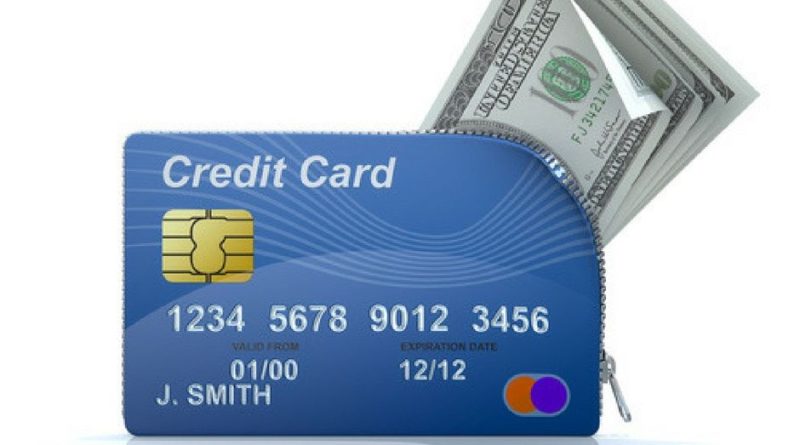Reasons Why Credit Card Cash Advances Are NOT Good
Taking out cash against your credit card is possible, but not a good idea. If your credit card offers credit card cash advances, you can get instant cash by using one of the convenience checks supplied by your credit card issuer or by withdrawing from an ATM.
While your creditor may make it easy for you to borrow, you should avoid this option as much as possible. Why? Because there’s a myriad of potential dangers when you get yourself stuck in this trap. Here’s the reason why:
1. Interest Rates in Loan-Shark Territory
Many people are not aware that the cash advance interest rate is not always the same as it is  for making purchases. You can have a 12.99% APR for your purchases, but have a 25% APR for your cash advances. And for people with credit problems, this interest rate can be even higher.
for making purchases. You can have a 12.99% APR for your purchases, but have a 25% APR for your cash advances. And for people with credit problems, this interest rate can be even higher.
Therefore, you’re not only paying interest from the moment you take out the cash advance, but you’re also paying it at what some would call loan-shark rates.
For example, let’s say the $500 cash advance has a 25% APR and the transaction fee is 5%. If the total amount you owe is $525 and that is for borrowed for a year, the amount you will pay together with the interest will be $599. If you are already carrying a balance from your previous cash advances, the amount payable will be even higher.
2. Credit Card Cash Advances Have No Grace Period
When you buy an item, you often get a grace period that is around 21-25 days. Paying your balance in full before the end of the grace period means you’re not eligible to pay any interest. On the other hand, interest starts to add up as soon as the cash advance is posted to your account.
3. There’s a Fee for Every Cash Advance Transaction
This little tidbit is often disregarded by credit card holders but surprises them later on. What most credit card holders don’t know is that there’s a fee for every cash advance transaction and it is usually 3% to 5%. Therefore, if you get $500 from ATM withdrawal and there’s a 5% transaction fee, you have to pay $25. Now, you owe not just $500, but $525 plus interest.
4. Understand How Your Bank Applies Your Payments!
 When making monthly payments on a credit card, banks often apply the payment to the balances with the lowest interest rates first. This means that if you have both regular purchases and a cash advance balance on your card, the payment you make will typically go towards paying off the regular purchases first.
When making monthly payments on a credit card, banks often apply the payment to the balances with the lowest interest rates first. This means that if you have both regular purchases and a cash advance balance on your card, the payment you make will typically go towards paying off the regular purchases first.
Consequently, the cash advance balance, which accrues interest at a higher rate, may linger for a longer period. This can prolong the time it takes to pay off the cash advance and result in paying more interest fees.
5. Do you know what your credit card company considers as a cash advance?
You need to be aware of what your bank considers as a cash advance. Certain transactions that may seem like regular purchases, such as using third-party payment processing services like Wise to send money internationally, could be categorized as cash advances by the bank.
In such cases, not only would the transaction incur cash advance fees and higher interest rates, but it could also be subject to the bank’s payment allocation policies, further extending the time it takes to pay off.
So make sure you know what your bank classifies as a cash advance and try to avoid using them!
Say NO to Credit Card Cash Advances
Cash advances should be last on your list of ways to obtain money fast. Just think of it on the same level as taking out a payday loan. Yes, you have a more flexible repayment term than a payday loan. But the rates you are paying are close to the same.
